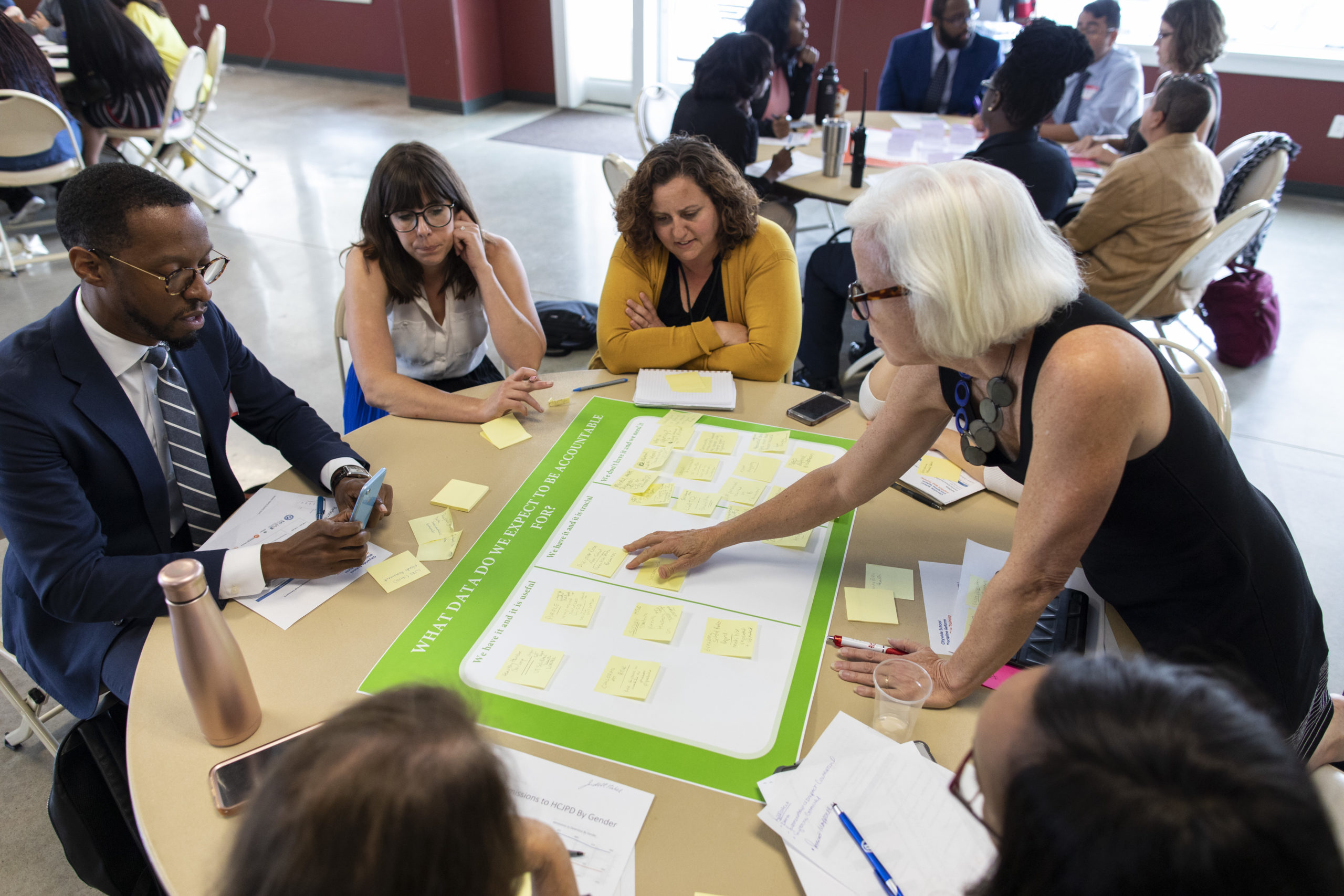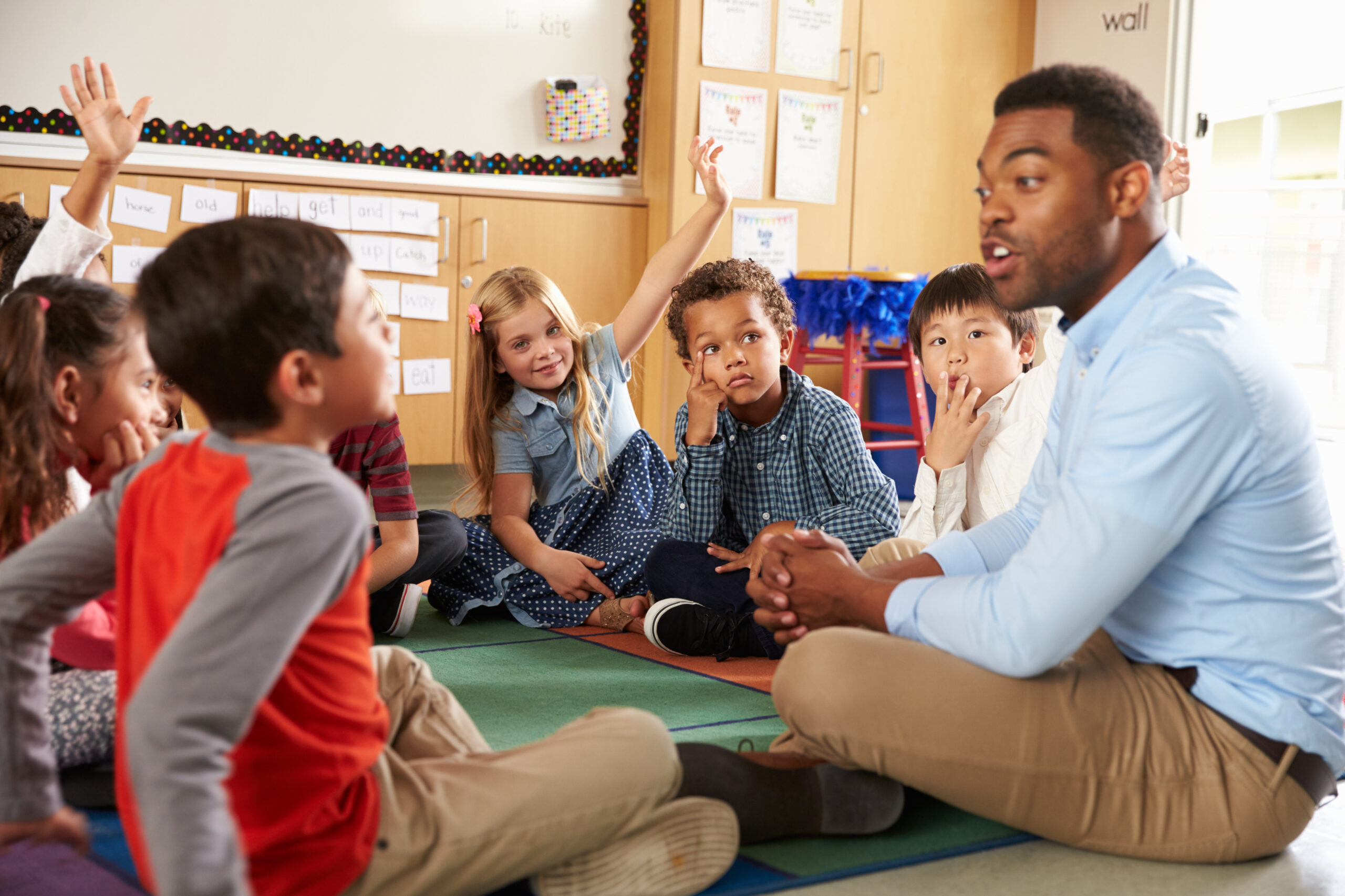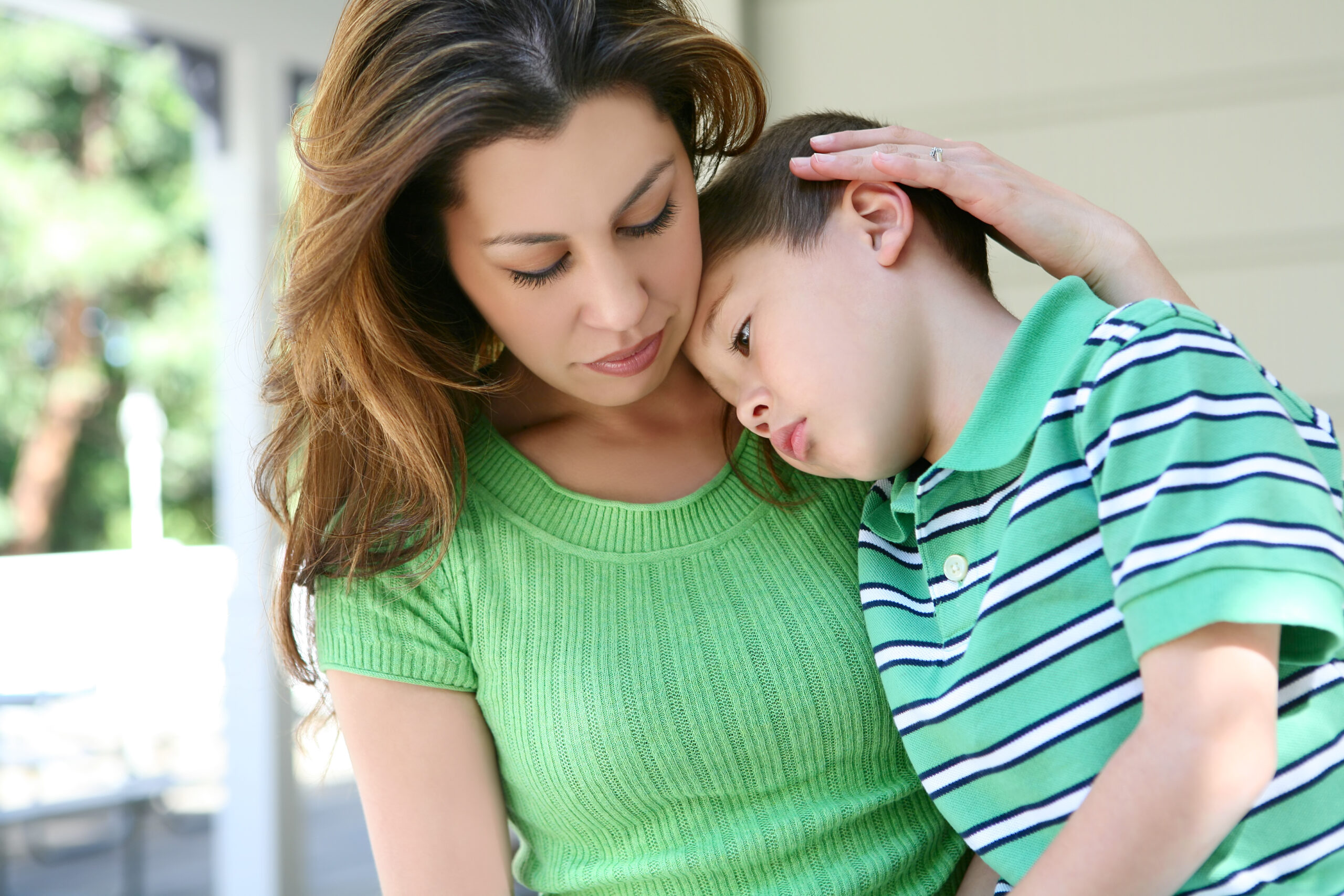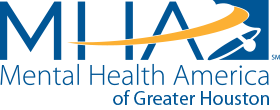Disaster Relief
HOUSTON TREATMENT RESOURCES
MHA of Greater Houston’s Collaboration with Ready Rosie and Rebuild Texas to Provide
Storm Prep: A Coping Toolkit for Families
If you are a survivor of Hurricane Harvey’s devastation or witnessed the catastrophic flooding, this workshop is for you. If you know someone who has lost friends, family, property, or their community, this workshop will help you help them. Participants will: Review the emotional roller coaster of disaster recovery. Learn what is “normal” in the disaster’s aftermath. Gain tools to move through the storm’s traumatizing effects. Uncover how the aftermath affects children, teens, and seniors. Discover what you can do to help those around you recover.
The City of Houston has relaunched HoustonRecovers.org, the City’s one-stop-shop for disaster recovery information. With information for affected residents, people who want to help, and links to services, the site serves as the best source for disaster recovery information in Houston.
Houston Independent School District: School Response Kit
This resource kit is designed for educators to respond to students during the first days after a disaster.
Hope and Healing Center & Institute
In light of the recent traumatic events caused by Hurricane Harvey, the Hope and Healing Center & Institute is offering free mental health services to those who are experiencing a sense of loss or may be struggling with mental health issues. Mental Health Coaches are available to meet one-on-one, in English and Spanish, to help individuals process the devastation and trauma they may have experienced in the aftermath of Hurricane Harvey. Mental Health Coaches are licensed mental health care providers who provide strengths-based recovery support to individuals living with any mental health difficulty or disorder.
Episcopal Health Foundation Resources
EHF is working with Episcopal Relief and Development and other philanthropic organizations to determine a plan for assistance following Hurricane Harvey.

VIDEOS
Coping with Hurricane Harvey: a school based mental health intervention
In the days and weeks following a traumatic event like Hurricane Harvey, it is important to make sure to care for the mental well-being of victims, including children. In this lecture, experts discuss how teachers can help their students cope with possible hurricane-related trauma.
Hurricane and Flood Recovery for Children
What do you do after the hurricane or flood? Walking children through the process of recovering from a hurricane or flood, this video offers an animated guide to help provide autonomy and control in an otherwise stressful situation.
HURRICANE/FLOOD SPECIFIC
After The Storm: A Guide to Help Children Cope with the Psychological Effects of a Hurricane
Developed by 7-Dippity, Inc. and Dr. Annette La Greca, Professor of Psychology and Pediatrics at the University of Miami, this special edition of After the Storm was created to better address the needs of children and families impacted by Hurricane Harvey. The interactive workbook contains information, activities and coping strategies to help parents and caregivers assist children in coping with their reactions and feelings from the hurricane and its aftermath. Accede al libro de trabajo en español aquí.
First 3 Years Hurricane Harvey Resource Connection
First3Years is concerned for all the individuals and families affected by
Hurricane Harvey. As the days of recovery are ahead, First3Years has put together
a list of resources that you may find helpful.
Recovery: After a Flood
The National Child Traumatic Stress Network has many resources for parents and teachers on how to help youth after a flood, including activities, a list of typical reactions, tips on helping children recover, and more.
Resources to Help Children in the Aftermath of a Hurricane
This blog post from childtrends.com goes in-depth into the effects hurricanes can have on children and offers resources for helping them cope with the aftermath.
Sesame Street Hurricane Response
As families in your community begin facing challenges caused by the hurricane, here are some messages about Sesame Street’s resources surrounding emergency preparedness and emergency response you might share on social media.
Teacher Guidelines for Helping Students After a Hurricane
Children’s reactions to the hurricane and its aftermath are strongly influenced by how their parents, teachers, and other caregivers cope during and after the storm. They often turn to these adults for information, comfort, and help. Teachers may find this resource helpful when preparing for a conversation with their students.
Texas Children’s Hospital Blog
The linked blog post by Dr. Julie Kaplow, Director of the Trauma and Grief Center at Texas Children’s Hospital, has tips for helping children cope with hurricanes, storms and their aftermath. It is available in English, Portuguese, and Spanish.
Trinka and Sam: The Rainy Windy Day
Trinka and Sam the Rainy Windy Day is a story developed to help young children and their families begin to talk about feelings and worries they may have after they have experienced a hurricane. Available in English and Spanish.
My Hurricane Story is a 32-page guided workbook that can help elementary school children across the hurricane-battered Gulf coast make sense of their experiences with Hurricane Harvey. The workbook, which has been written, edited and illustrated by noted child wellness experts, contains dozens of activities that help traumatized children constructively work through their feelings of grief and loss.

CENTER FOR SCHOOL BEHAVIORAL HEALTH RESOURCES
The Emotional Backpack Project
The Emotional Backpack Project provides parents, educators, and students with free resource toolkits for addressing mental health in youth. Local schools can participate in a year-long program to become an Emotional Backpack School, which provides a sustainable option for infusing mental health into the school culture.
Training Options
The Center offers a variety of training for adults working with youth, including “Are the Kids Alright?”, which highlights the signs and impacts of trauma on youth.
Youth Behavioral Health Resource Guide
Download the guide to find local free and low-cost services for youth in the Greater Houston area.
GENERAL DISASTER
National Child Traumatic Stress Network
Simple explanations of each type of natural disaster as well as important resources to support children, families and communities.
Dealing with Natural and Man-Made Disasters
The Center for School Mental Health in Baltimore, Maryland has a list of more than a dozen resources for dealing with disasters that may be helpful for school clinicians, teachers and parents.
Disaster Distress Helpline
The Disaster Distress Helping is a national hotline dedicated to providing year-round immediate crisis counseling for people who are experiencing emotional distress.
There’s an App for that! – Help Kids Cope
Help Kids Cope will help parents talk to their kids about the disasters they may face and know how best to support them throughout—whether sheltering-in-place at home, evacuating to a designated shelter, or helping your family heal after reuniting.

HELPING CHILDREN AND ADOLESCENTS COPE WITH VIOLENCE AND DISASTERS – VARIOUS VERSIONS BELOW
These materials are also available in print and in PDF formats. To order print copies, feel contact the NIMH Information Resource Center at 1-866-615-6464. Let them know if you are working on disaster response efforts, and they will try to accommodate your bulk quantity requests.
- What Parents Can Do (Spanish version)
- What Community Members Can Do (Spanish Version)
- What Rescue Workers Can Do (Spanish Version)

